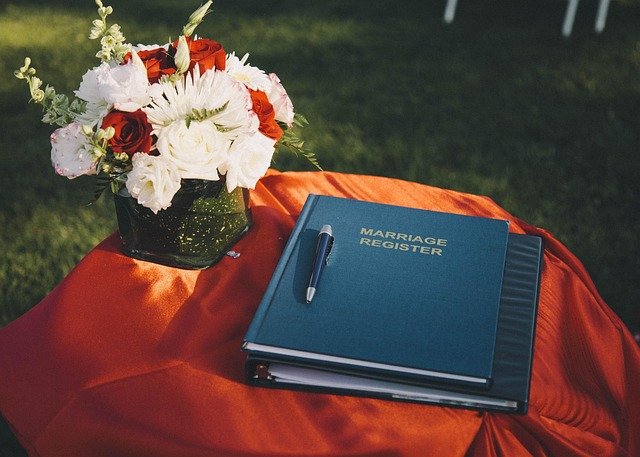Legal Steps and Documentation to Complete Before the Ceremony
Preparing the legal side of a ceremony reduces last-minute complications and ensures your chosen venue and participants meet regulatory requirements. This short overview highlights key documents, timeline considerations, and common administrative checks to complete well before the event date.

Before the ceremony, gather the core legal documents that validate the union and authorize the event. This includes properly completed identification, marriage licenses, and any required consent forms from local authorities. Maintain both digital backups and physical copies, and check the filing board or registrar requirements in your area. If the ceremony is at home, in a living room, or on a fairway, make sure location-specific permissions are documented. Keep balance sheets for deposits and vendor agreements accessible for quick reference.
What balance checks are needed before the ceremony?
Reconcile deposits, refunds, and final payments so the balance due to vendors is clear. Track balance information on a simple spreadsheet or board so everyone on your planning team can see what remains outstanding. Verify that consumer protection policies are understood for larger suppliers and that any loan or credit arrangements are documented. For elderly guests, confirm refunds or cancellations policies are fair. A physical checklist and a tutorial video for your planner can help avoid cutting corners under pressure.
How should you document your budget and contracts?
Record a clear budget that lists each vendor, contract dates, and key terms; this protects both parties and supports dispute resolution if needed. Include rental agreements for reception spaces, tools or equipment rentals, and any classes or permits required by the venue. Keep copies of invoices for snacks, drinks, flowers, and cake cutting services. If you secure a loan to cover costs, document repayment terms and keep lender details with the contract folder. Using a single digital folder with indexed files makes retrieval straightforward.
Do you need permits for flowers or decor?
Some jurisdictions require permits for outdoor floral installations or large physical structures; check local rules before ordering. If flowers or decor involve cutting down protected plants or installing heavy fixtures on a fairway or resort grounds, secure written permission. For home ceremonies in a living room or driveway, homeowner association rules may apply. Document all approvals and vendor assurances that decor meets safety standards. Keep a simple record for caterers about snacks, allergen labeling, and approved areas for drinks and open flames.
What legal points apply to the reception venue?
Confirm the reception contract includes liability insurance, licensing for alcohol service, and crowd limits. Venues should provide proof of insurance and any permits for serving drinks; if an external vendor handles bar service, request their license and consumer-facing policies. Address accessibility for elderly guests and any physical accommodations needed. If the reception is on a golf club fairway or community board property, ensure you have written venue consent and details on noise curfews, parking, and vendor load-in windows.
When is a loan or financial agreement required?
A loan may be considered when upfront costs exceed available savings; document terms clearly and include the lender’s contact details in your planning files. Ensure the repayment schedule won’t affect vendor payments and that the budget accounts for interest. If the venue is a resort with peak-season pricing (for example, where skiing is popular), confirm cancellation and refund terms to avoid unexpected liability. Share loan details with your planner or board member responsible for finances to maintain transparency and balance the budget.
Are venue-specific rules for a resort important?
Resorts, historic schools, and other unique venues often have location-specific regulations—permits for outdoor ceremonies, restrictions on amplified sound, and rules for vehicular access that affect setup tools and timing. If a resort includes skiing or golf facilities, coordinate with venue management about safe guest flow between ceremony sites and reception areas. Document delivery windows for flowers, snacks, and drinks, and confirm any vendor classes or credential requirements the resort mandates for onsite staff or contractors.
In summary, compiling and organizing the legal steps and documentation ahead of the ceremony reduces stress and helps avoid last-minute barriers. Keep both digital and physical copies of licenses, contracts, permits, and financial records; verify venue-specific rules whether you are dealing with a resort, school gym, living room gathering, or outdoor fairway. A clear, documented approach makes it easier to manage logistics, care for elderly guests, and ensure vendors meet agreed terms without surprises.




